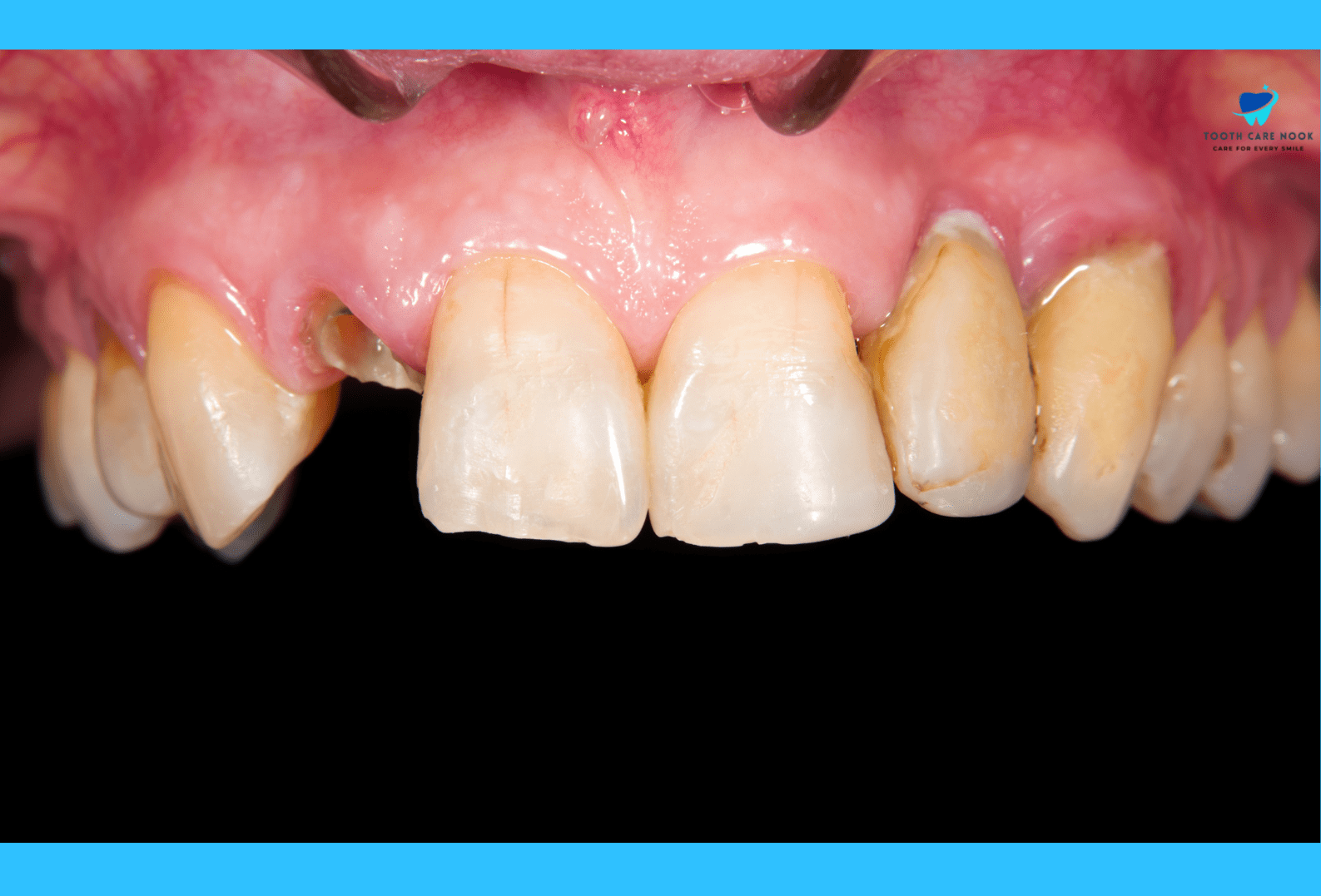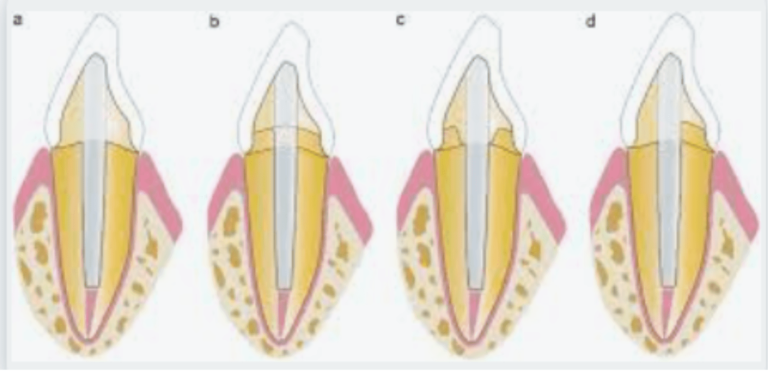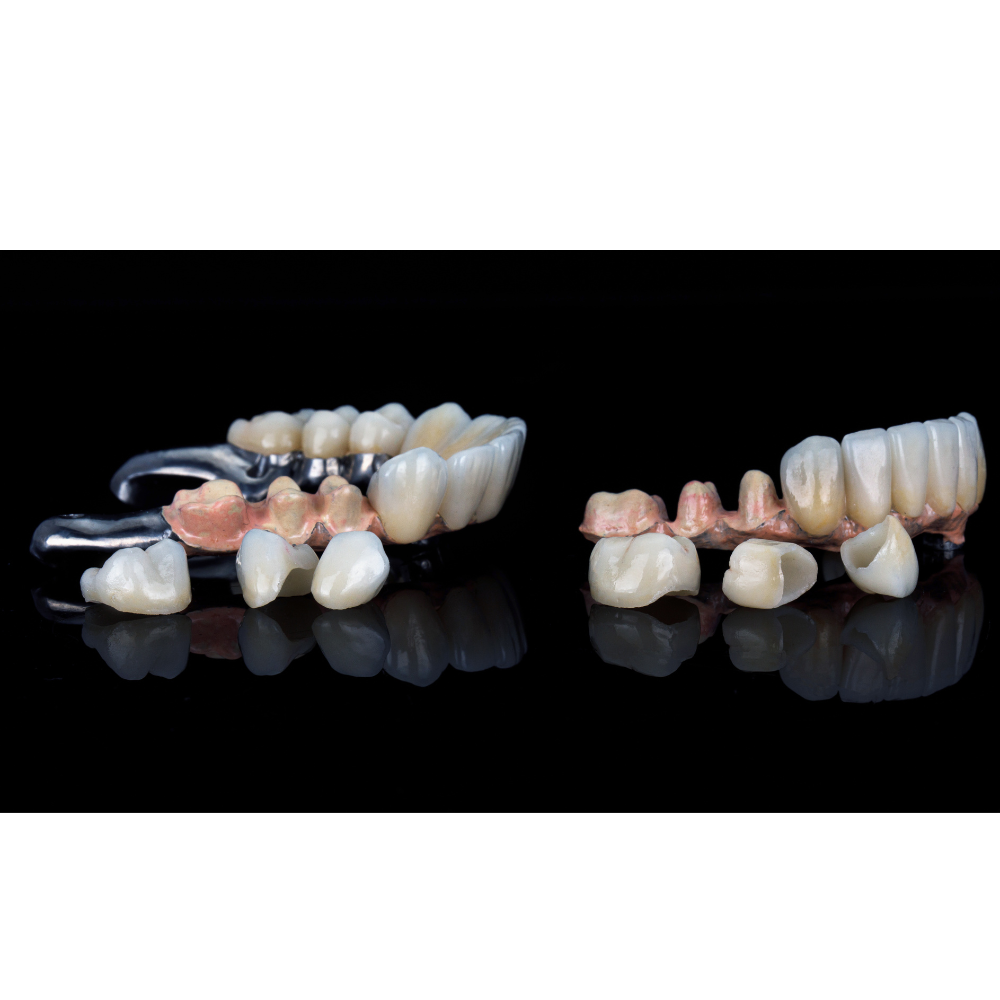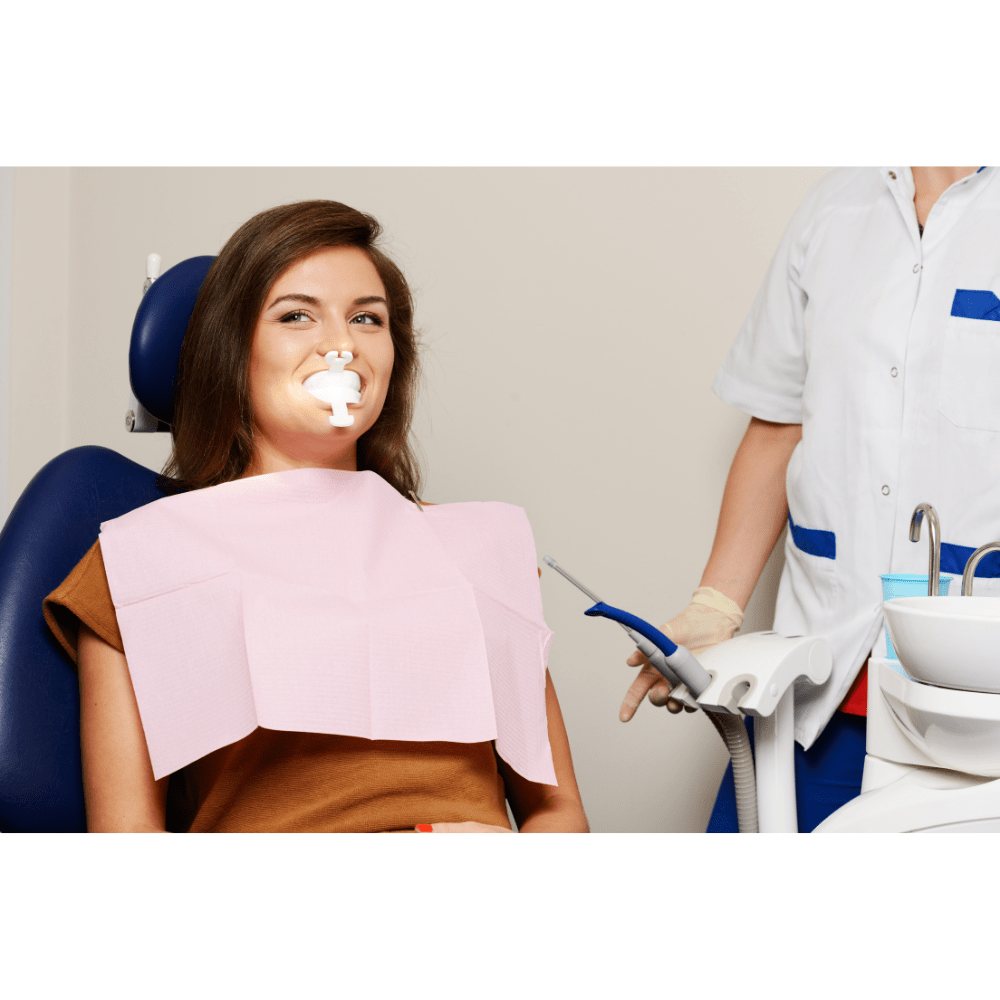Ferrule Dental – A Mystery You Should Know About
When it comes to dental procedures, many terms and techniques might sound unfamiliar. One such intriguing term is ferrule dental. Ferrule dentistry concept plays a very important role in the field of dentistry, impacting the longevity and success of certain dental restorations. It’s a term that may not come up in everyday conversations, but it’s worth knowing about.
What Is Ferrule Dental?
A ferrule isn’t a tool, but it’s a really important part of a dental crown or bridge. Imagine the crown as a cap for your tooth. The ferrule is like a little collar at the base of that cap. It wraps around the part of your tooth that’s still there and helps to keep the crown strong and secure.
Benefits of a Ferrule:
Prevents Fractures:
Teeth with significant decay or root canals often have less remaining structure. A ferrule dental helps strengthen the tooth, reducing the risk of fracturing under biting forces.
Improves Crown Retention:
The ferrule effect creates a tighter fit for the crown, making it less likely to become loose or dislodged.
Better Distribution of Forces:
By distributing chewing forces more evenly across the tooth structure, the ferrule reduces stress on the restoration itself.
Role Of Ferrule In Preventing Failure Of Restorations
Restorations like crowns and bridges are subjected to significant wear and tear during chewing. Without a ferrule, these restorations are more susceptible to failure due to:
Fractured Tooth Structure:
Weakened teeth are more prone to cracking under pressure, especially if they have undergone root canal treatment. Ferrule Dental provides additional support, reducing this risk.
Loose Crown/Bridge:
If the restoration doesn’t have a good grip on the remaining tooth structure, it might become loose or even fall off. The ferrule effect helps ensure a secure fit.
Increased Stress on the Restoration Material:
Without proper distribution of forces, the crown or bridge material itself experiences more stress, leading to potential chipping or breaking. The ferrule helps distribute these forces more evenly.

Tooth Preparation Process for a Ferrule Effect
- The dentist removes any decay or damaged tooth structure.
- They then shape the remaining healthy tooth structure to ensure a good fit for the crown.
- Ideally, this preparation creates a shoulder – a defined ledge – at the gum line.
- The crown itself is designed to extend slightly beyond this shoulder, encircling the healthy tooth structure that creates the ferrule effect.
What Is the Dental Ferrule Rule?
Dentists generally aim for a minimum ferrule tooth height of around 1.5 to 2 millimeters during tooth preparation for crowns and bridges which is called the dental ferrule rule. This is considered ideal for optimal strength and longevity of the restoration.
The ideal ferrule height can vary depending on the specific situation. Factors like the amount of remaining healthy tooth structure, the location of the tooth, and the severity of damage can influence how much of a ferrule can be achieved.
FAQs
What Is The Difference Between A Grommet And A Ferrule?
Grommet protects wires or pipes passing through holes, On the other hand, ferrule strengthens teeth by encasing part of the tooth structure with crown material.
What Is The Best Material For A Ferrule?
There isn’t a single best material for a ferrule since it’s part of the crown itself. The crown material choice like porcelain fused to metal, zirconia, etc. depends on factors like strength, aesthetics, and your dentist’s recommendation.
What Is Zirconia Ferrule?
Zirconia is a popular and strong ceramic material used for dental crowns. If your crown is made of zirconia, the ferrule will also be made of zirconia, essentially an extension of the crown material.
Should I Be Worried About The Ferrule Effect?
No, the ferrule effect is a positive thing! It provides several benefits for your crown or bridge. So, if your dentist recommends a ferrule for your crown or bridge, it’s to ensure its longevity and success.



